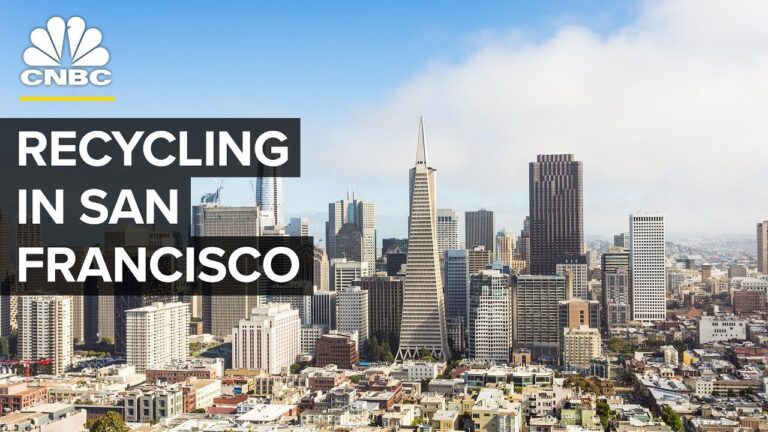Learn about Recycling in San Francisco and how it became a Global Leader in Waste Management
San Francisco diverts 80% of its waste from landfills, more than any other major city in North America. It hopes to achieve zero waste by 2020. Here’s a look at what makes the city’s waste management system so successful.
The average American produces about 4.4 pounds of waste per day. Roughly 1.5 pounds of that is composted or recycled, meaning the U.S. avoids sending just 34 percent of its waste to landfills, according to the EPA. San Francisco provides a much different narrative.
Thanks to bold public policy and educational initiatives, the city diverts about 80 percent of its waste from landfills, or more than 1.5 million tons every year. Ultimately, San Francisco aims to reach zero waste. That means recycling, composting, reusing, and reducing consumption so that nothing goes to either the landfill or incineration.
The city hopes to achieve this goal by 2020. But even if it doesn’t, San Francisco is already way ahead of other cities. For example, New York only diverts about 21 percent of its waste and Chicago is at about 10 percent.
CNBC
View, Read and Learn More Here:
- Retail Failure Stories
- Retire Early
- Supply Chain
- Energy
- Artificial Intelligence
- E-Commerce
- Retail Shipping
- Rags to Riches Stories
- Retail Success Stories
- Travel Food Culture


